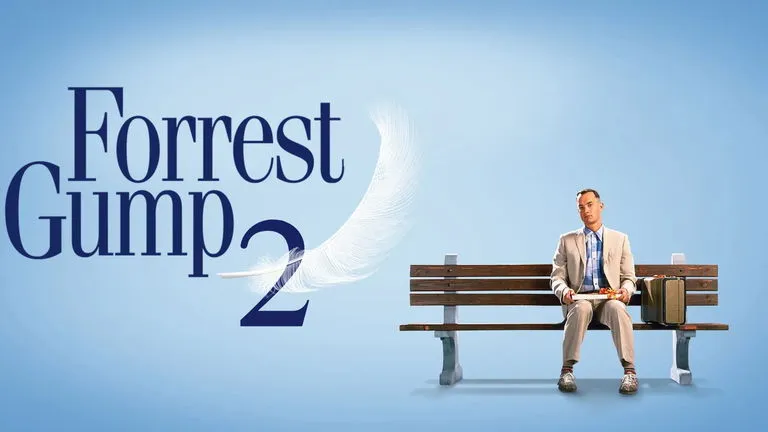“Stato (2025) proves that the real war isn’t fought on battlefields—but in the shadows of government halls.”
Stato (2025) storms onto the political thriller scene as a gripping, cerebral drama that dives deep into the murky waters of power, conspiracy, and personal sacrifice. Directed by Denis Villeneuve, the film is a stylish, tense exploration of how far governments—and individuals—will go to protect their secrets.
Set in modern-day Rome, the story follows Elena Rinaldi (Penélope Cruz), a brilliant investigative journalist working for a major Italian newspaper. While researching a routine corruption case, Elena stumbles onto documents revealing a covert government operation codenamed “Stato,” implicating high-ranking politicians, security forces, and global corporations in a sprawling network of illegal surveillance and political assassinations.

Elena’s pursuit of the truth quickly makes her a target. As anonymous threats close in, she reluctantly partners with Matteo Rossi (Matthias Schoenaerts), a disillusioned ex-intelligence officer carrying his own dangerous secrets. Together, they must navigate betrayals, deadly cover-ups, and a ruthless Prime Minister (Javier Bardem) determined to bury the scandal at any cost.
Denis Villeneuve crafts Stato with masterful precision: wide, atmospheric shots of Rome’s historic architecture clash with tight, nerve-wracking sequences in dark alleys and government corridors. The film pulses with tension, driven by Hans Zimmer’s haunting electronic score, which builds a sense of constant unease.

Penélope Cruz delivers a powerhouse performance, balancing Elena’s fierce determination with vulnerability and fear. Schoenaerts lends quiet gravitas to Matteo, a man wrestling with guilt and disillusionment. Javier Bardem is mesmerizing as the Prime Minister, projecting both charismatic charm and ruthless pragmatism.
Stato (2025) is more than just a thriller—it’s a searing commentary on freedom of the press, the manipulation of truth, and the terrifying idea that the state meant to protect you might be your greatest threat. It’s a film that leaves audiences questioning how safe secrets really are—and what price we pay for the illusion of security.

-1754620418-q80.webp)
-1749309081-q80.webp)
